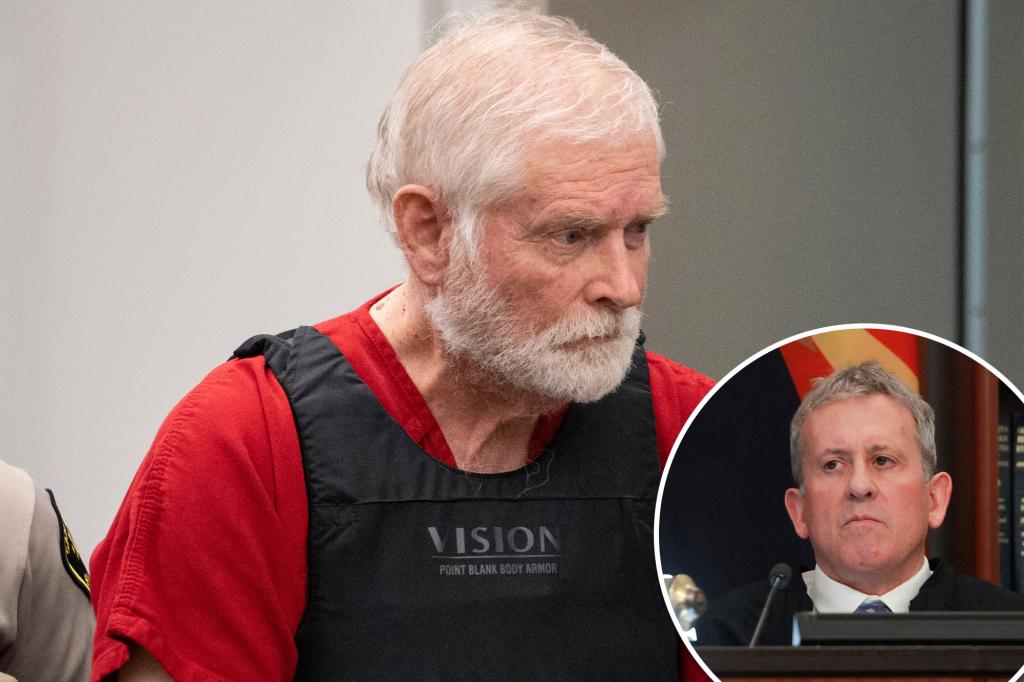The trial of Arizona rancher George Alan Kelly, charged with second-degree murder in connection to the death of a Mexican national found shot on his ranch in 2023, ended in a mistrial as the jury was unable to reach a verdict. The victim, Gabriel Cuen-Buitimea, was found fatally shot on Kelly’s 170-acre cattle ranch near Keno Springs, with the defense arguing that Cuen-Buitimea was not an unarmed migrant but was involved in a criminal lifestyle that posed a danger, possibly due to cartel influence on the death investigation. Cuen-Buitimea had previously entered the country illegally multiple times and had been deported at least once.
The defense maintained that Kelly only fired warning shots into the air earlier in the day and was confronted by two armed men dressed in camouflage and carrying rifles and backpacks, leading him to call the Border Patrol. The fatal bullet was not recovered from the scene, and the defense proposed the theory that a rip crew, possibly cartel-affiliated bandits, could have been responsible for the fatal shot. Sheriff David Hathaway was questioned about statements he made speculating on Kelly’s intentions towards Mexicans and alleged protocol violations.
The prosecution argued that Daniel Ramirez was the sole witness to Cuen-Buitimea’s death, having fled across the border afterward. Ramirez testified that he had carried drugs across the border but was not involved in this incident. The defense argued that based on Ramirez’s testimony, he may not have been present that day. The jury visited Kelly’s ranch to assess the area and decide on a verdict. The defense argued that Kelly was faced with a threat to his life and fired warning shots in self-defense, while the prosecution maintained there was no justification for his actions.
In the state’s closing argument, the prosecutor argued against Kelly’s use of deadly force when there was no apparent threat and maintained that Kelly escalated the situation without cause. The defense countered by stating that Kelly’s actions were in self-defense and to protect his wife in an isolated and empty area. The prosecution highlighted the evidence relating to the position of the victim’s body, bullet entry, and ejection patterns to support their case. The jury was reminded that if they were not convinced on the second-degree murder charge, they could still consider lesser charges such as manslaughter, negligent homicide, or aggravated assault. Despite national attention and initial first-degree murder charges, Kelly’s highest charge was downgraded to second-degree murder after rejecting a plea deal for negligent homicide.


